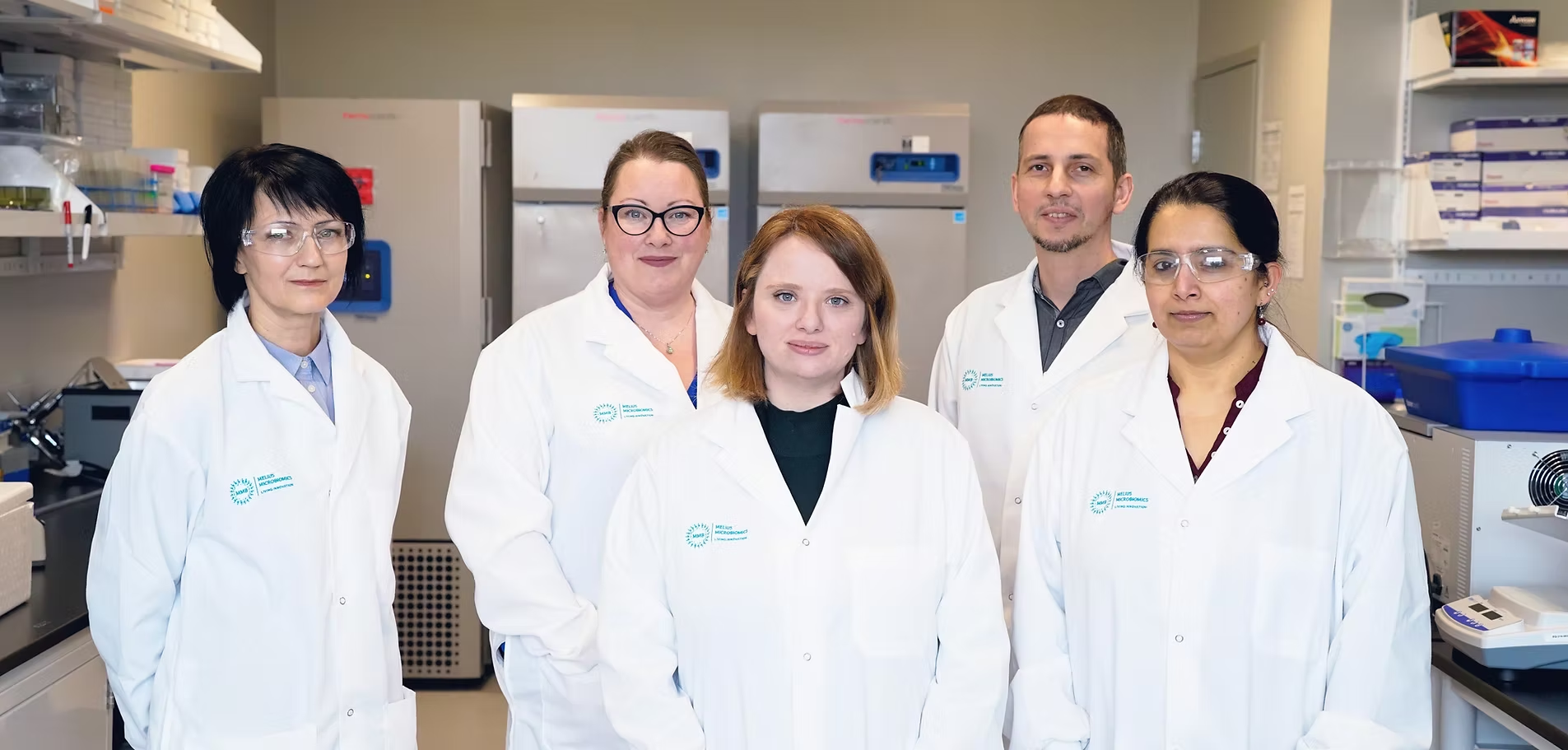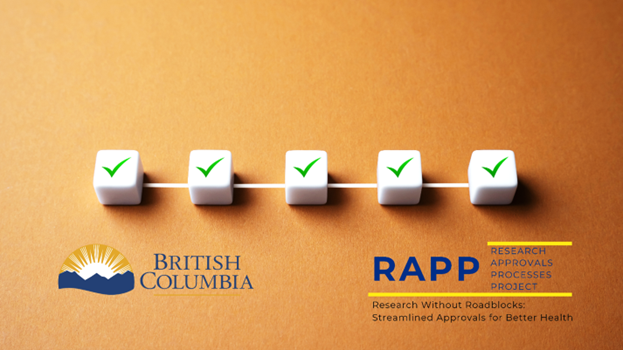New REBC Advisory Council Co-Chairs Welcomed
17 February 2021

Dr. Jude Kornelsen and Namaste Marsden’s term as Co-Chairs of Research Ethics BC’s Advisory Council began on January 12, 2021. In order to help our stakeholders get to know them a little better, Paola Pinto Vidal of Research Ethics BC interviewed both individuals and asked them about their vision for the operational unit. Jude and Namaste also gave insight about what they hope to achieve in their term to guide the future direction of research ethics in the province.
Dr. Jude Kornelsen is a health services researcher and Co-Director of the Centre for Rural Health Research in the Department of Family Practice at UBC. Throughout Jude’s professional career, she has been committed to reducing health disparities faced by people living in rural communities with limited access to maternity care.
“Looking at the last 20 years, we’ve seen an incredible attrition of local maternity services,” she said. “This has had a significant impact on communities – both Indigenous and non-Indigenous.”
Jude’s research has focused on the implications to both health outcomes and the psycho-social well-being of people when having to leave their community to access maternity care. Jude also has three years of experience as a member of the UBC Behavioural Research Ethics Board (UBC BREB), which has given her with a unique perspective as a reviewer of behavioural research studies, including harmonized ethics reviews.
With regard to research ethics, she considers her involvement in the UBC Behavioural Research Ethics Board (BREB) for the past three years to be a true privilege. At the BREB, she has seen a range of research proposals and a breadth of expertise and wisdom of other members when discussing the ethical implications of the work.
When asked what Jude is looking forward to in working with Namaste, she replied that the evolving structure (of Co-Chairs) is what she’s most delighted about.
“I think it’s essential to be working with Namaste,” she noted. “We share – although [with] different approaches – a common vision about the importance for representing voices that often aren’t heard, or processes that aren’t well understood through research, through current research ethics processes.”
Advisory Council Co-Chair, Namaste Marsden, is Gitxsan of the Wilp Gamlaxyeltxw, Lax Ganeda (Frog Clan) from the Gitanyow and Gitsegukla First Nations. Namaste is the Director of Health Economics at First Nations Health Authority and holds an Adjunct position in the Department of Health Sciences at Simon Fraser University where she is a mentor for the Indigenous Population Health Master of Science (MSc) program.
Having served as inaugural Managing Editor of the International Journal of Indigenous Health (formerly known as the Journal of Aboriginal Health), a project Namaste self-professes she loved working on, as she was able to take the NAHO Journal of Aboriginal Health to “[make] it international and Indigenous with no budget.”
“I’ve looked for those opportunities to work with the inherent strengths that are in people, and organizations – to develop something new, or to improve an organization and its approach,” she said.
Throughout her career working in community and regional health organizations in program and service delivery, capacity building, and Indigenous health research, Namaste acknowledges she has had great opportunities to be mentored by Indigenous researchers and leaders in her community.
“I take that direction of being [and] defining the work by Indigenous voices and Indigenous leadership,” she said. “That’s the perspective that I bring…real need for doing things from the ground up.”
Both Jude and Namaste have high hopes and visions for the future of REBC and the impact that it can have on research ethics in the province, following the critical work that Sarah Bennett brought as REBC Advisory Council’s inaugural Chair.
Namaste emphasized she sees herself as playing a facilitative role to build upon the work already done by research administrators, institutions, and health research leadership, and, based on the priorities identified, a leadership role where it is appropriate and needed to bring about change.
Jude concurred that she wants to ensure that the results of research, including the voices of the various communities and populations results in health systems change. Her appreciation for the work of SPOR in outreach is balanced with a desire to see the yield of those outreach activities and the importance of inclusivity represented in system and policy change.
“The issues around harmonized review [and] all the work that’s been done to achieve things like that, has just been phenomenal,” she noted. “[This] puts us in a really privileged place to be able to move forward with new initiatives and new energy.”
COVID-19 Response
The COVID-19 pandemic has impacted every aspect of health research and has enabled BC’s research ethics boards to come together to face the many challenges in ensuring that ethical research can happen quickly and effectively so that we can learn about the current climate. When asked how the COVID-19 pandemic has impacted research ethics in the province, it was apparent how deeply COVID-19 has impacted Indigenous communities.
“The impact has been fairly profound, to put it mildly, and…First Nations here in BC,” Namaste said. “We’re in the news quite a bit, asserting jurisdiction and self-determination, closing communities, putting up checkpoints and putting very strict measures into place to protect Elders who are knowledge holders, keepers of language and culture and tradition and ceremonies.”
She added that the current COVID-19 pandemic is “framed by past pandemics which people still recount their experiences of those people they’ve lost. So there is an oral and historical context to how we’ve experienced it, but also to how we think about serving those communities and those populations.”
Further, as discussed at a panel discussion hosted by REBC in a virtual symposium last year, Namaste talked about the activities during the pandemic that have been deemed “essential” and have therefore put an enormous strain on Indigenous communities. These include research projects expecting to continue as if “business as usual” and development in First Nation territories that normally have developed processes in place for consultation and for partnership.
“For urban populations [that] might be accessing the same services that most people in BC have, their experience would likely be different,” Namaste noted. “But certainly, for those in geographically-bound rural, remote communities, it’s been quite different and access to health care is a big issue in the second wave as well.”
Jude agreed. “From a research perspective, we’re living through something that I think we all hope will provide us with a learning opportunity,” she noted. “It’s been suggested that COVID-19 will not be the last of the pandemics we will be facing due to a confluence of ecological factors and the health services implications of not only providing health care during a pandemic but doing health services research.
“We’re at a time where institutions have been doing some very mindful thinking about what research questions and research outputs are essential to move us forward in a dealing with a pandemic.”
Future Directions
Asked how they view their role in the Advisory Council and what they hope to accomplish during their tenure as co-chairs, Jude noted that “we’re in a really remarkable time with being part of the BC Academic Health Science Network and the really strong commitment that the BC AHSN has to the learning health care system.”
“I’m looking forward to having discussions to see how REBC could possibly support or encourage streamlining processes to make access to data a little bit easier for researchers, so we can have an iterative health care improvement process,” she continued.
Namaste added that she thinks the human dimension of research ethics is the fundamental respect and value of the person.
“To do no harm, and to engage them in a good way, and to identify good outcomes, and to be respectful in our partnerships – these fundamental pieces are really what needs to drive and how we look at all of the problems that we see.”
Jude ultimately sees herself and Namaste as facilitators. “Our role is to develop relationships, to develop trust and to create a space where people can share their ideas and, most importantly, to disagree,” she noted. “If we have productive and respectful conflict, then we’re getting places; but ultimately, I see us as facilitating in these important discussions, as opposed to leading.”





